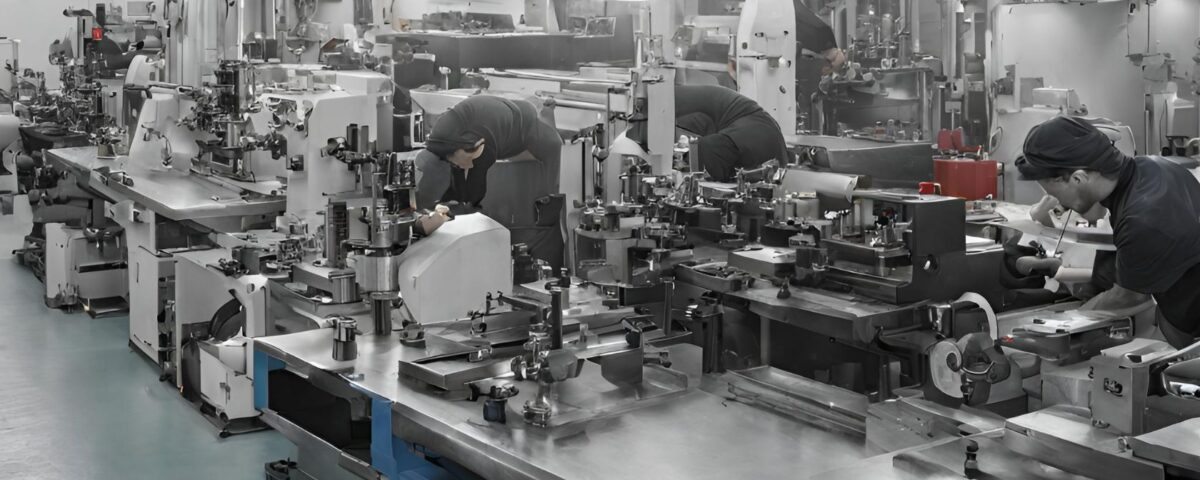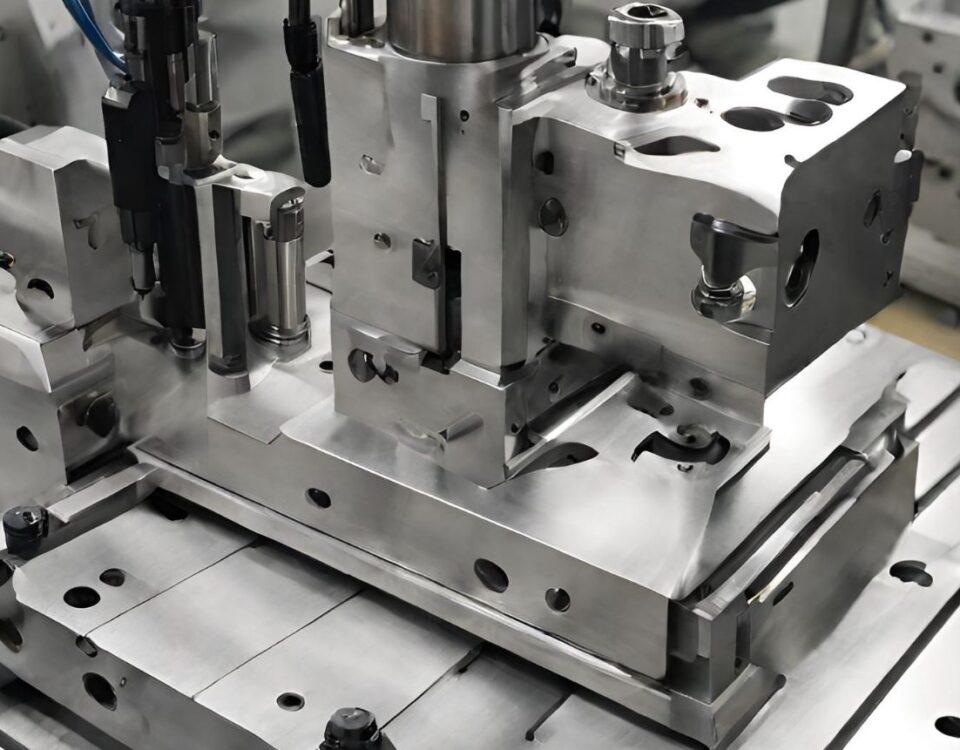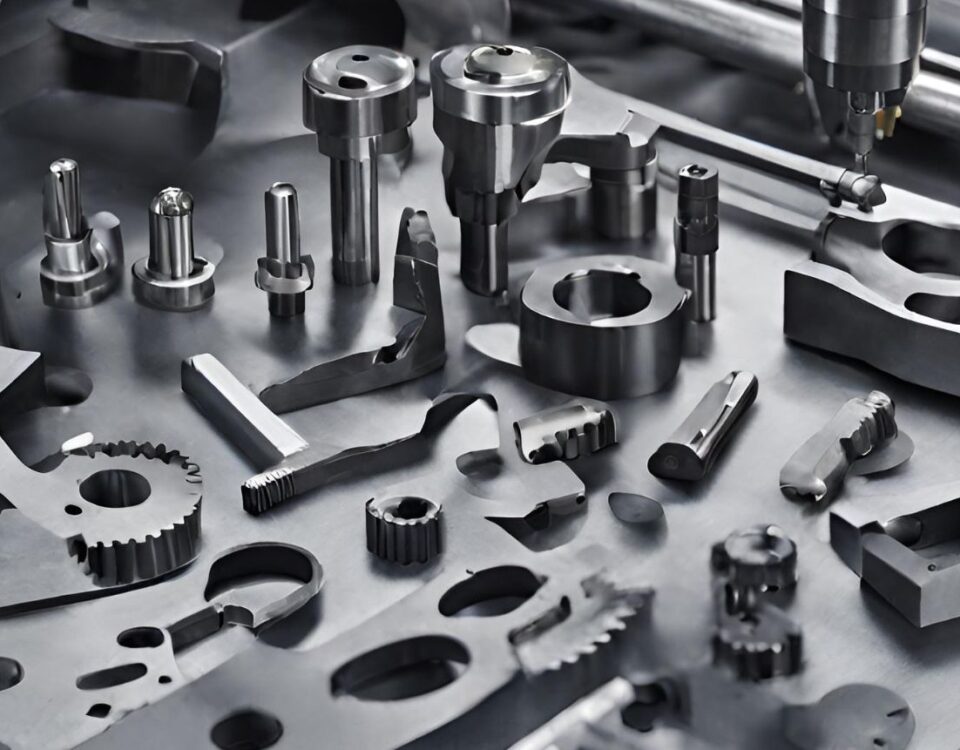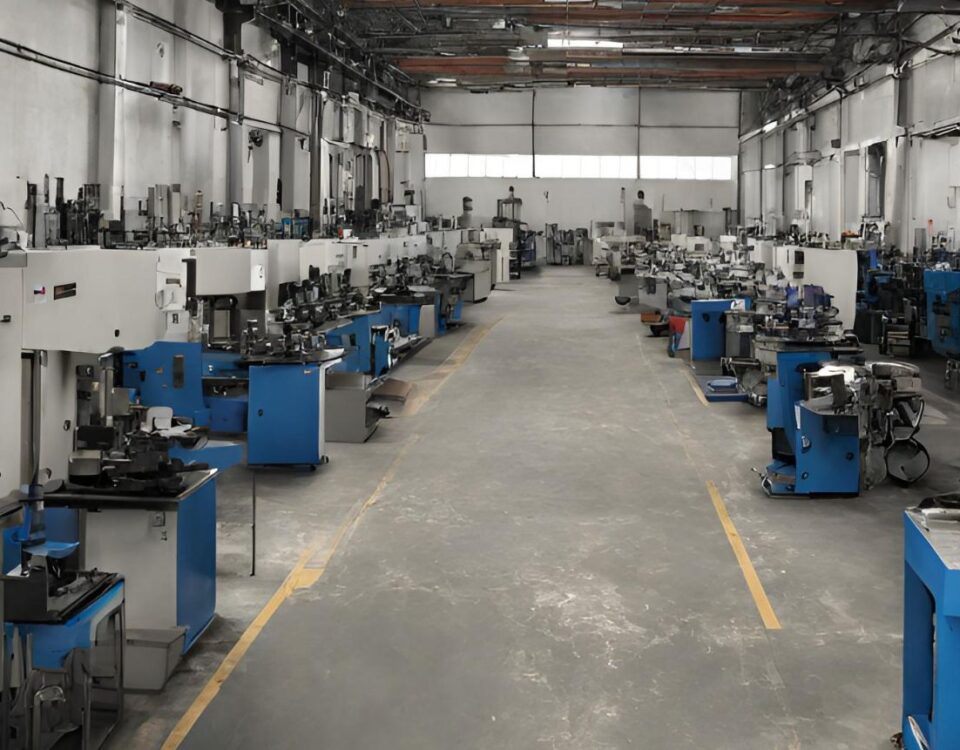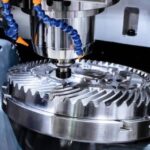
Precision Metal Parts Machining: A Comprehensive Overview
1 February 2024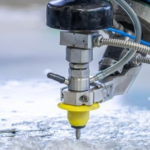
The Mechanics of CNC Manufacturing
8 February 2024In the realm of modern industry, precision manufacturing stands as a cornerstone of efficiency, quality, and innovation. This intricate process involves the creation of highly accurate and intricate components, often utilizing advanced technologies and techniques to achieve unparalleled levels of precision. From aerospace to automotive, healthcare to electronics, precision manufacturing plays a vital role in various sectors, driving progress and pushing the boundaries of what is possible. This article delves into the intricacies of precision manufacturing, exploring its importance, methodologies, applications, and future prospects.
Understanding Precision Manufacturing
Precision manufacturing refers to the fabrication of parts and components with exceptionally tight tolerances and exact specifications. Unlike conventional manufacturing methods, which may allow for slight variations, precision manufacturing demands meticulous attention to detail and adherence to strict standards. This precision is achieved through a combination of advanced machinery, specialized tools, and rigorous quality control measures.
Key Components of Precision Manufacturing
-
Advanced Machinery: Precision manufacturing relies on state-of-the-art machinery equipped with high-precision tools such as CNC (Computer Numerical Control) machines, EDM (Electrical Discharge Machining) equipment, and laser cutting systems. These machines are capable of performing intricate operations with remarkable accuracy, translating digital designs into tangible products.
-
Specialized Materials: Precision manufacturing often involves working with advanced materials such as aerospace-grade alloys, medical-grade plastics, and electronic substrates. These materials possess specific properties and characteristics that necessitate precise handling and machining processes to achieve the desired results.
-
Tight Tolerances: In precision manufacturing, tolerances refer to the allowable deviation from a specified dimension or parameter. These tolerances are typically measured in microns or even sub-micron increments, highlighting the need for meticulous precision throughout the manufacturing process.
-
Quality Control Measures: Quality control is integral to precision manufacturing, ensuring that every component meets the required standards of accuracy and performance. This involves rigorous inspection procedures, dimensional analysis, and testing protocols to identify any deviations or defects.
Applications of Precision Manufacturing
-
Aerospace Industry: Precision manufacturing plays a critical role in the aerospace industry, where components must meet stringent standards for safety, reliability, and performance. From turbine blades to structural components, precision machining techniques are employed to fabricate parts that can withstand extreme conditions and rigorous operational requirements.
-
Medical Devices: In the healthcare sector, precision manufacturing is essential for producing intricate medical devices and implants with precise dimensions and tolerances. From surgical instruments to implantable devices, the accuracy and reliability of these components are paramount to patient safety and treatment outcomes.
-
Electronics and Semiconductors: The electronics industry relies heavily on precision manufacturing to produce microelectronic components, circuit boards, and semiconductor devices. With the constant demand for smaller, faster, and more powerful devices, precision machining techniques enable the fabrication of complex electronic components with nanoscale accuracy.
-
Automotive Engineering: Precision manufacturing is integral to automotive engineering, where components such as engine parts, transmission components, and chassis systems require tight tolerances and exceptional accuracy. This ensures optimal performance, fuel efficiency, and safety in modern vehicles.
Advantages of Precision Manufacturing
-
Enhanced Quality: Precision manufacturing results in higher-quality components with superior dimensional accuracy and consistency. This translates to improved product performance, reliability, and customer satisfaction.
-
Increased Efficiency: By minimizing material waste and optimizing production processes, precision manufacturing enhances efficiency and productivity. Advanced machining techniques enable faster turnaround times and shorter lead times for delivering high-quality components.
-
Cost Savings: While precision manufacturing may require significant upfront investment in equipment and technology, the long-term cost savings can be substantial. Reduced scrap rates, lower rework costs, and improved operational efficiency contribute to overall cost-effectiveness.
-
Innovation and Customization: Precision manufacturing empowers designers and engineers to explore new possibilities and push the boundaries of innovation. With the ability to create highly complex geometries and customized solutions, precision machining enables the development of groundbreaking products and technologies.
Challenges and Future Trends
Despite its numerous advantages, precision manufacturing also poses certain challenges, including the need for skilled labor, the complexity of machining advanced materials, and the continuous evolution of technology. However, ongoing advancements in automation, artificial intelligence, and additive manufacturing are poised to revolutionize the field of precision manufacturing, making processes more efficient, adaptable, and cost-effective.
Conclusion
In conclusion, precision manufacturing represents a pinnacle of technological achievement, driving progress and innovation across various industries. With its emphasis on accuracy, quality, and efficiency, precision manufacturing enables the creation of highly sophisticated components and products that shape the world around us. As technology continues to evolve and new challenges emerge, the principles of precision manufacturing will remain fundamental to unlocking new possibilities and pushing the boundaries of what is possible.

